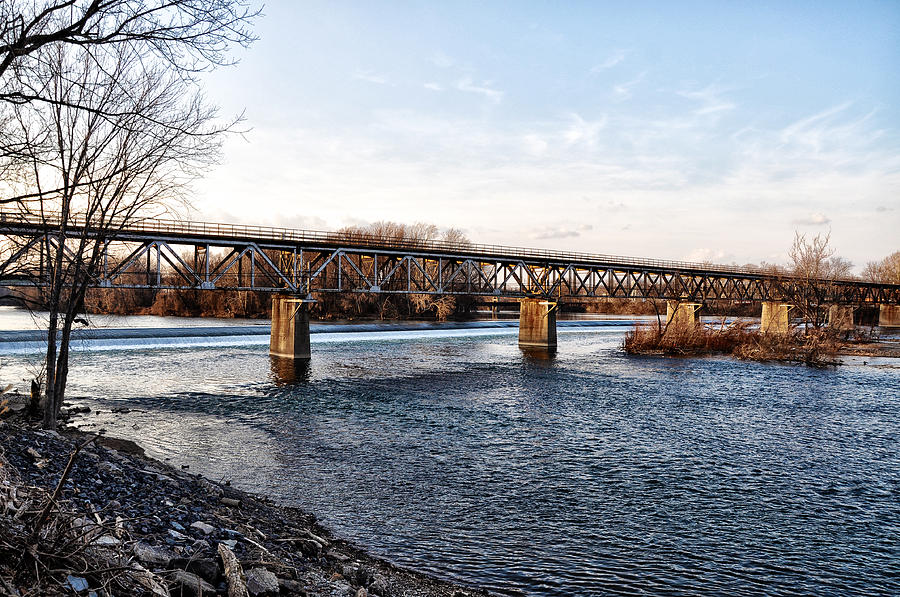What "crumbing infrastructure we already have" may look like:
SEPTA Norristown Bridge. Will be closed permanently to traffic, cutting off heavily used intermodal station, sometime this Spring because there is no funding to fix it.
SEPTA 52nd Street Bridge. You can poke a hole through a girder with your finger. It is a public health hazard, and there is no money to fix or remove it.
SEPTA City Hall Station: a maze of corridors that drop paint flakes on you and smell of pee. There's no money to put in signage directing you where to go, creating a rather ugly mess. People avoid the subway here in Philadelphia, because no one can understand it (despite the fact that we only have two lines!)
Fixing any one of these things would be cheaper, quicker, and move significantly more people than adding a lane to an Interstate highway ever would. Any of these projects could be eligible for "HSR" money, which is really "bring our rail infrastructure up to the bare minimum" money.
Our interstate highway system is already pretty well built-out, and simply maintaining what we already have isn't enough. Most of our structurally deficient bridges are on rural back roads and highways, and while fixing them is a priority for the sake of public health and safety, the fact is that the only place we really have left to invest in "new" infrastructure is high-speed rail. We've probably already hit
"peak car" and studies show that
more and more young people are returning to inner cities where cars are simply not necessary (or practical: it takes me 30 minutes to get to the waterfront (3 miles away) vs. 10 minutes by subway) for getting around.
Couple that with the obvious explosion in low-cost bus lines (Megabus, Bolt Bus, etc.) and we can see clear trends against car use in the future. It's obvious that we're looking for alternate methods of transportation, and regional and intercity rail is the most obvious high-capacity answer. Massive investment in intercity rail and public transportation will take strain off our airports and highways, and create thousands of jobs in construction and manufacturing.
In fairness, though, I think that if we kill subsidies for Amtrak, we should probably also end subsidies for the Interstate Highway System and the airlines.




